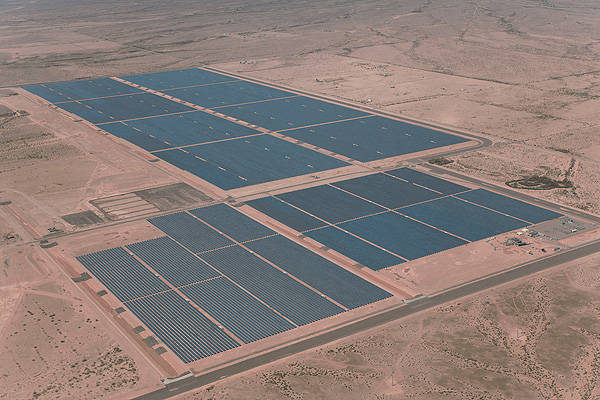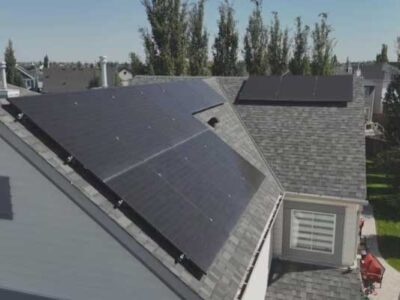Slumping solar power prices have made the technology seem very profitable for some U.S. utilities. This, as President Trump looks to bring back coal and fossil fuels to the forefront of American power production.
It’s important to note that solar power still only accounts for a little over 1 percent of the electricity U.S. utilities generate. But, as more utilities turn towards producing some of their power using photovoltaic technology, this percentage may grow significantly.
“Solar growth is so extensive and has so much momentum behind it that we’re at the point where you can’t put the genie back in the bottle,” said Jeffrey R.S. Brownson, a Pennsylvania State University professor who studies solar adoption. “You either learn how to work with this new medium, solar energy, or you’re going to face increasing conflicts.”
The gameplan for these utilities is to use smaller-scale solar farming, mostly run by local cooperatives and non-profits to boost their solar capacity.
With the new solar power storm on the horizon, it now seems probable that the transition away from coal-burning power plants is inevitable.
Think of it this way, the average lifetime cost for utility-scale wind and solar generation in the U.S. is now cheaper than coal or nuclear and comparable to natural gas, according to financial advisory firm Lazard, which compared the fuel costs without their federal tax subsidies.
Why would utilities want to invest in solar power and not coal?
While big investor-owned utilities operate as legal monopolies and dictate what happens in the electricity landscape in many U.S. states, the bill-lowering appeal of rooftop solar for many homeowners could eventually threaten their ability to finance and manage the power grids.
That’s why adopting the “community solar,” or “shared solar,” model enabling their customers to buy or lease solar panels on large arrays built for the utility, or to buy the power they produce—makes sense.
This is a win-win scenario—although the utilities always win a bit more—this offers a small but acceptable win for homeowners.
Homeowners can benefit from a fixed cost electricity pricing for a specific duration, while many other homeowners that can’t install solar panels because of lack of space or financing can still benefit from solar power.













Comments